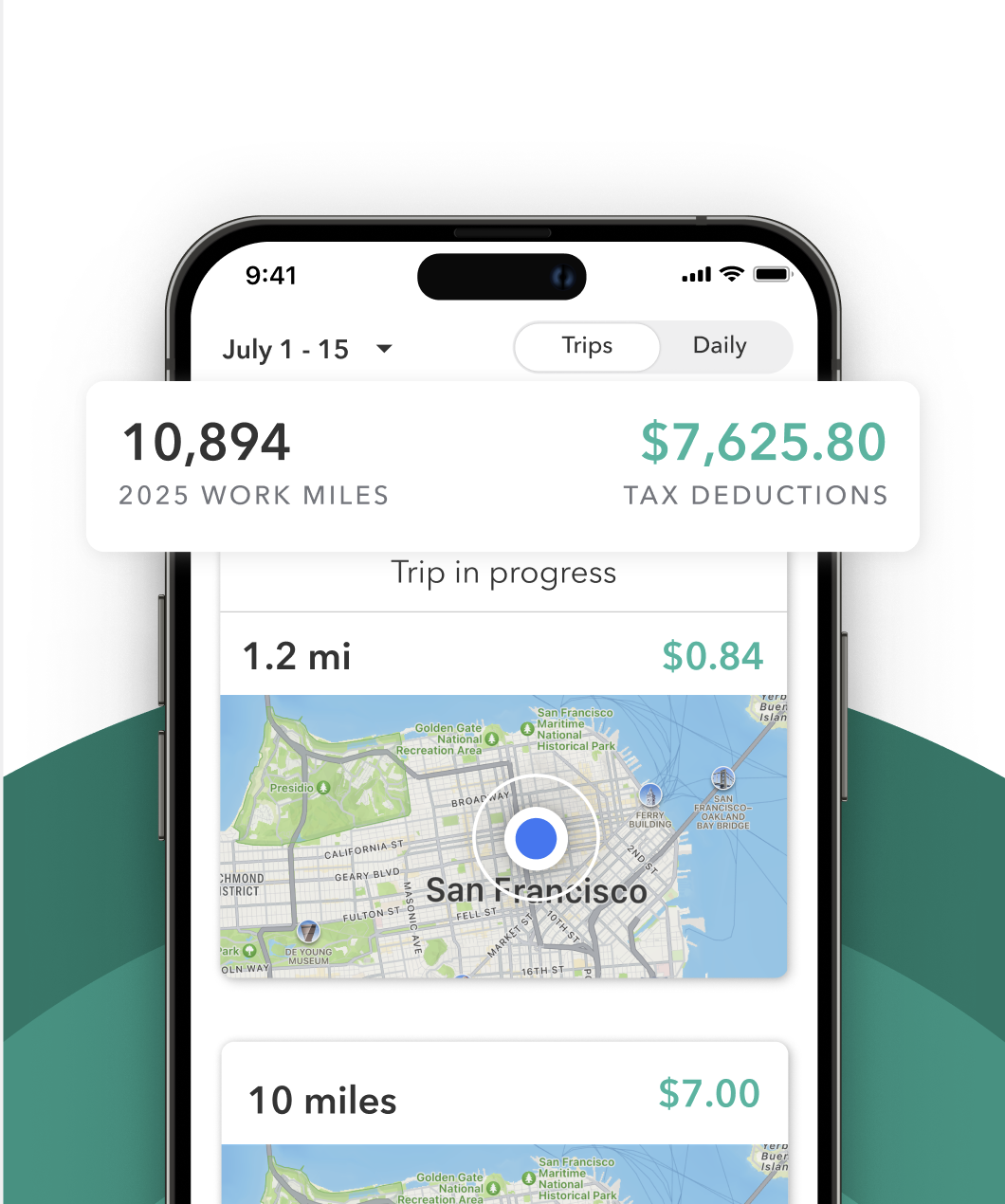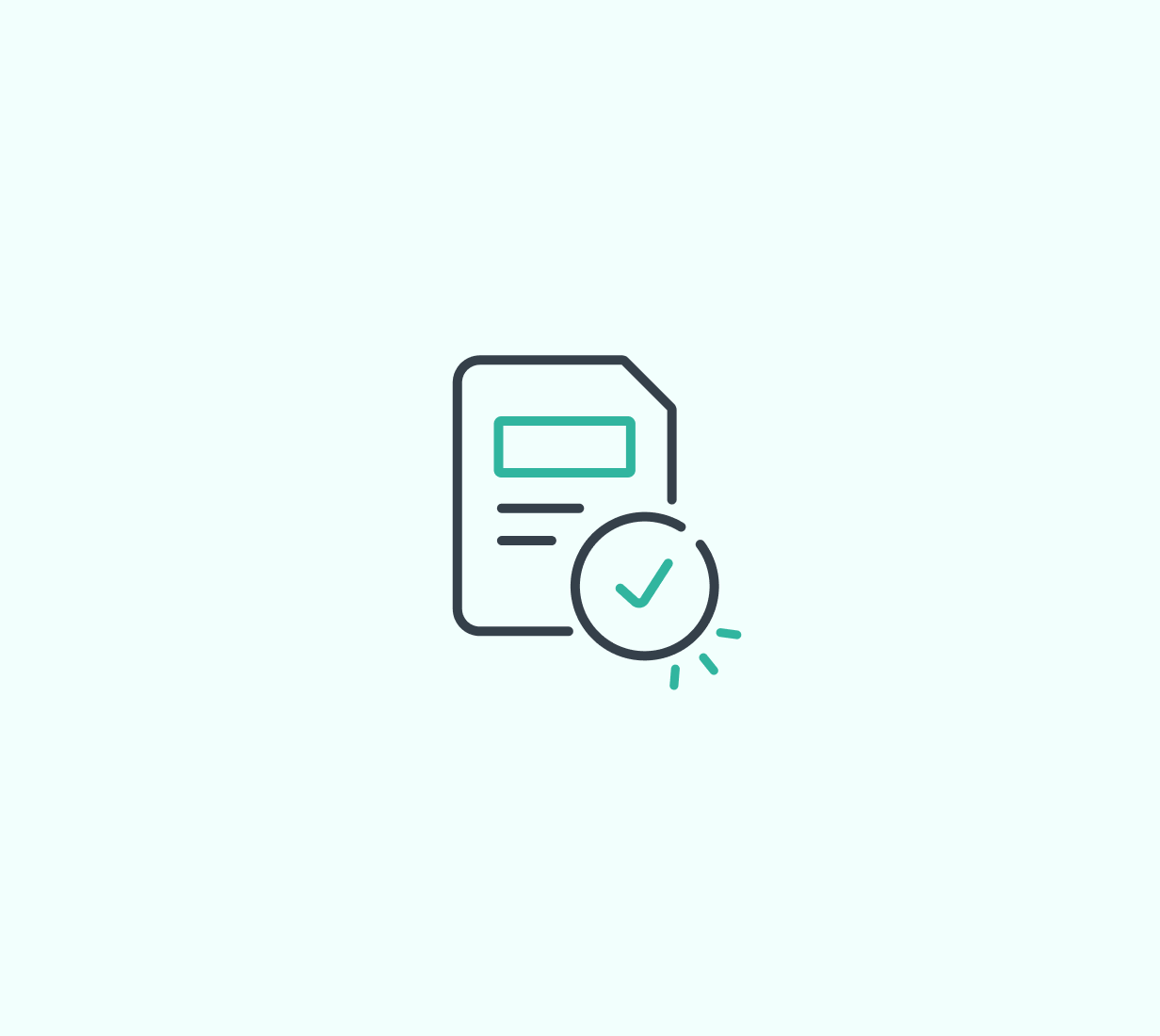Working as a Thumbtack pro gives you the freedom to set your own schedule and build a business that fits your life. The part that feels harder is dealing with taxes. When you work for yourself, you do not have an employer taking taxes out of your pay. You are responsible for tracking what you earn, what you spend, and what you can deduct at tax time.
The good news is that Thumbtack pros can claim many valuable tax deductions. These deductions lower your taxable income, which means you keep more of what you earn. If you track your expenses throughout the year and understand what qualifies, tax season becomes much easier.
This guide walks you through the top tax deductions for Thumbtack pros, how they work, and why they matter.
Why deductions matter for Thumbtack pros
When you work through Thumbtack, you are considered self employed. This means you pay income tax and self employment tax. Self employment tax covers Social Security and Medicare, and it applies to net income, not gross income.
Net income is what you have left after you subtract business expenses. The lower your net income, the less tax you pay. That is why deductions are so important. You are not gaming the system when you claim them. You are simply reporting the true cost of running your business.
Mileage and travel deductions
If you travel to customer homes or job sites, your vehicle can become one of your largest deductions. You can deduct your business miles using the standard mileage rate set by the IRS for the year. You can also use the actual expenses method, which lets you deduct gas, maintenance, insurance, and other costs. Most pros use the standard mileage rate because it is easier.
What counts as business mileage:
- Driving to and from customer locations
- Picking up supplies for a job
- Traveling between multiple job sites in the same day
- Driving to networking events or training that helps your business
What does not count:
- Commuting from home to an office you work at every day
- Personal errands that happen before or after a job
To claim this deduction, you need a mileage log with the date, start point, end point, purpose, and miles driven. Many pros use an automatic tracker built for Thumbtack like Everlance so nothing gets missed.
Supplies and materials
Most Thumbtack pros buy supplies to complete their work. These costs are fully deductible as long as they are used for your business. Examples include:
- Cleaning supplies
- Paint, hardware, and building materials
- Hair styling tools or beauty products
- Photography backdrops or props
- Notebooks, pens, or office supplies
- Crafting tools or event materials
If you buy supplies in bulk and use some of them for personal purposes, you can deduct only the portion used for your business.
Tools and equipment
If you buy tools that last longer than one year, you may be able to deduct the full cost in the year you buy them using Section 179. Many pros use this rule to write off large purchases.
Common examples:
- Power tools
- Vacuums and carpet cleaners
- Ladders
- Cameras and lenses
- Computers and tablets
- Heavy equipment
If the item is used partly for personal use, you can deduct only the business percentage.
Home office deduction
If you run your Thumbtack business from home, you may qualify for the home office deduction. You must use the space regularly and only for business. A desk in your living room does not qualify if you also use the space for personal activities.
If the space qualifies, you can choose between two methods:
- Simplified method: A flat rate per square foot.
- Regular method: A percentage of rent, utilities, wifi, homeowners insurance, and similar expenses.
Many pros choose the simplified method because it is..well...more simple.
Phone and internet costs
Thumbtack pros use their phones for almost everything. Messaging customers, sending photos, managing leads, and scheduling jobs all require a reliable phone and data plan. These costs are deductible based on the percentage of business use.
For example, if you use your phone sixty percent for work, you can deduct sixty percent of your phone bill. The same rule applies to internet costs.
Marketing and advertising
To grow a Thumbtack business, you may invest in marketing. Every dollar you spend to promote your services is deductible.
Examples include:
- Thumbtack lead costs
- Business cards
- Logo or branding
- Paid ads
- Website hosting
- Social media promotions
- Flyers
Thumbtack lead payments are especially important because they can add up over the year. Make sure you track them.
Training, certifications, and education
If you take classes or earn certifications that help you improve your services, you can deduct those costs. Training must relate to your current work, not a new type of work you want to switch into.
Deductible examples:
- Continuing education for electricians or plumbers
- Photography workshops
- CPR classes for fitness or child care pros
- Trade skill courses
- Software training for editing or design
Education is one of the easiest deductions to overlook, but it can save a meaningful amount at tax time.
Insurance costs
Many Thumbtack pros pay for insurance. The type depends on the work you do, but common ones include:
- General liability insurance
- Professional liability insurance
- Equipment insurance
- Commercial auto insurance if your vehicle is used for business
All of these may be deductible because they protect your business.
Uniforms and work clothing
You can deduct clothing only if it is required for your work and not suitable for everyday wear. This rule is strict.
Deductible examples:
- Branded shirts
- Protective gear like gloves, goggles, knee pads, or steel toe boots
- Aprons for cleaners or stylists
Non deductible examples:
- Jeans
- Sneakers
- Plain shirts
- Normal clothing you would wear outside of work
Software and apps
Thumbtack pros often rely on software to stay organized. These costs are deductible as business expenses.
Examples include:
- Accounting or invoicing software
- Photo editing apps
- Scheduling tools
- Cloud storage
- Mileage and expense trackers
If you pay for upgrades or subscriptions, those expenses also count.
Interest and bank fees
If you use a business credit card or loan to buy supplies or tools, you can deduct the interest you pay. Bank fees, card fees, and payment processing fees are also deductible if they relate to your business account.
Meals while working
You cannot deduct everyday meals, but you can deduct meals in certain situations, such as:
- Meeting with a client to discuss a project
- Traveling for work and eating away from home
Keep receipts, and write down who you met with and why.
Contract labor
If you hire someone to help you complete a job, you can usually deduct what you pay them. This includes assistants, second shooters for photography sessions, subcontractors, or specialized workers you bring in for part of a project.
If you pay someone six hundred dollars or more in a year, you may need to issue them a 1099 form.
Health insurance premiums
If you are self employed and not covered by an employer plan, you may be able to deduct your health insurance premiums. This can include medical, dental, and vision insurance. This deduction has rules, but it can be valuable if you qualify.
How to stay prepared for tax season
Thumbtack pros often run into trouble because they wait too long to track their expenses. The best way to avoid stress is to record what you spend and how you work throughout the year.
Here is what helps your future self:
- Track mileage as you drive
- Keep digital copies of receipts
- Separate business and personal expenses
- Review your earnings monthly
- Use a tax tracker or bookkeeping system
This keeps your records clean and reduces your risk of mistakes.
Why deductions help Thumbtack pros grow
Deductions are more than a tax season benefit. They help you understand what it really costs to run your business. When you know your real expenses, you price your services with confidence. You see which jobs make money and which drain your time. You also build habits that keep your business organized and ready to scale.
With the right deductions, you keep more of your earnings and build a healthier Thumbtack business











